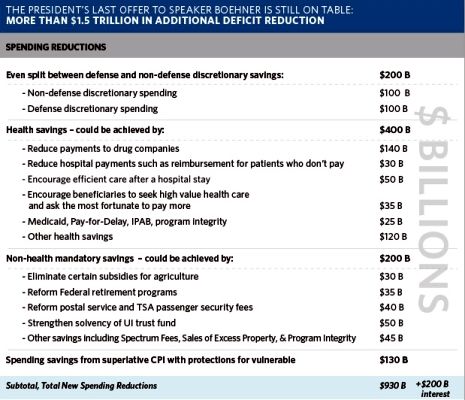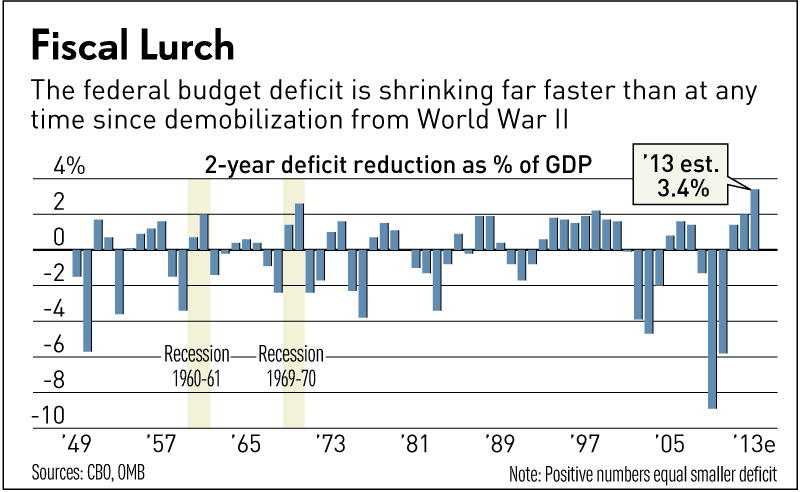Cross posted from The Stars Hollow Gazette
Economist Richard Wolff discusses how austerity is making economic problems worse and the cure for these economic woes.
As Washington lawmakers pushes new austerity measures, economist Richard Wolff calls for a radical restructuring of the U.S. economic and financial systems. We talk about the $85 billion budget cuts as part of the sequester, banks too big to fail, Congress’ failure to learn the lessons of the 2008 economic collapse, and his new book, “Democracy at Work: A Cure for Capitalism.” Wolff also gives Fox News host Bill O’Reilly a lesson in economics 101.
Full transcript here
AMY GOODMAN: Professor Wolff, before we end, I want to turn back to the crisis in Cyprus and relate it to what’s happening here. Bill O’Reilly of Fox News warned his audience last week that Cyprus and other European countries are facing economic hardships because they’re so-called “nanny states.”
BILL O’REILLY: Greece, Italy, Spain, Portugal, Ireland, now Cyprus, all broke. And other European nations are close. Why? Because they’re nanny states, and there are not enough workers to support all the entitlements these progressive paradises are handing out.
AMY GOODMAN: That’s Bill O’Reilly of Fox News. Richard?
RICHARD WOLFF: You know, he gets away with saying things which no undergraduate in the United States with a responsible economic professor could ever get away with. If you want to refer to things as nanny states, then the place you go in Europe is not the southern tier-Portugal, Spain and Italy; the place you go are Germany and Scandinavia, because they provide more social services to their people than anybody else. And guess what: Not only are they not in trouble economically, they are the winners of the current situation. The unemployment rate in Germany is now below 5 percent. Ours is pushing between 7 and 8 percent. So, please, get your facts right, Mr. O’Reilly.
The nanny state, you call it, the program of countries like Germany and Scandinavia, who tax their people heavily, by all means, but who provide them with social services that would be the envy of the United States-a national health program that takes care of you, whether you’re employed or not, and gives you proper healthcare. In France, for example, the law says when you go to work, you get five weeks’ paid vacation. That’s not an option; that’s the law. You get support when you’re a new parent for your child care and so forth. They provide services. And they are successful in Germany and Scandinavia, much more than we are in the United States and much more than those countries in the south.
So they’re not broken, the south, because they’re nanny states, since the nanny states, par excellence, are doing better than everyone. The actual truth of Mr. O’Reilly is the opposite of what he says. The more you do nanny state, the better off you are during a crisis and to minimize the cost of the crisis. That’s what the European economic situation actually teaches. He’s just making it up as he goes along to conform to an ideological position that is harder and harder for folks like him to sustain, so he has to reach further and further into fantasy.
H/t Heather at Crooks and Liars
Capitalism efficient? We can do so much better
by Richard Wolff, The Guardian
For all its vaunted efficiency, capitalism has foisted wasteful inequality and environmental ruin on us. There is an alternative
What’s efficiency got to do with capitalism? The short answer is little or nothing. Economic and social collapses in Detroit, Cleveland and many other US cities did not happen because production was inefficient there. Efficiency problems did not cause the longer-term economic declines troubling the US and western Europe.
Capitalist corporations decided to relocate production: first, away from such cities, and now, away from those regions. It has done so to serve the priorities of their major shareholders and boards of directors. Higher profits, business growth, and market share drive those decisions. As I say, efficiency has little or nothing to do with it.
Many goods and services once made in the US and western Europe for those markets are now produced elsewhere and transported back to them. That wastes resources spent on the costly relocation and consequent return transportation. The pollution (of air, sea and soil) associated with vast transportation networks – and the eventual cleaning up of that pollution – only enlarges that waste.


